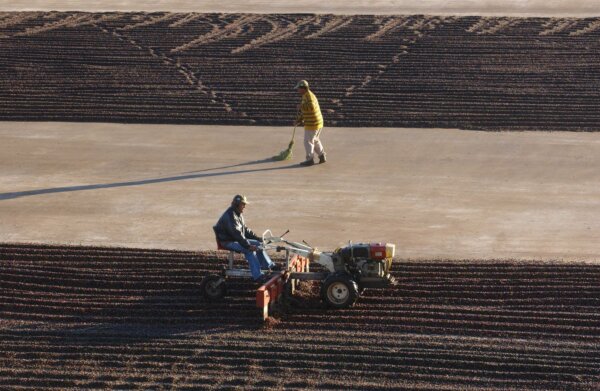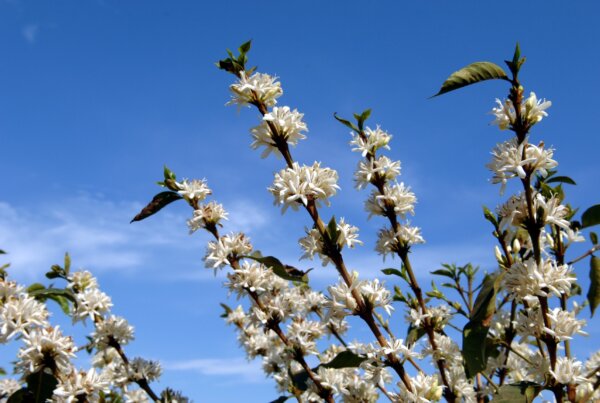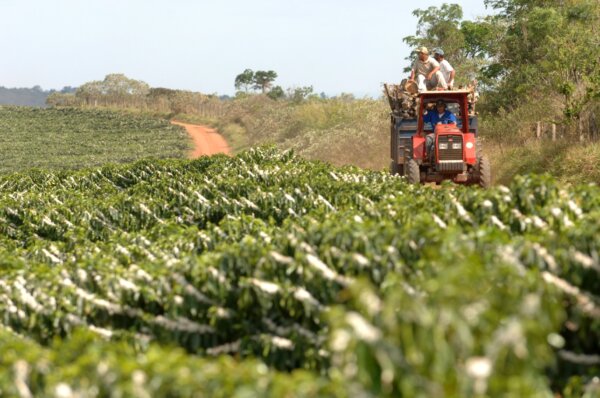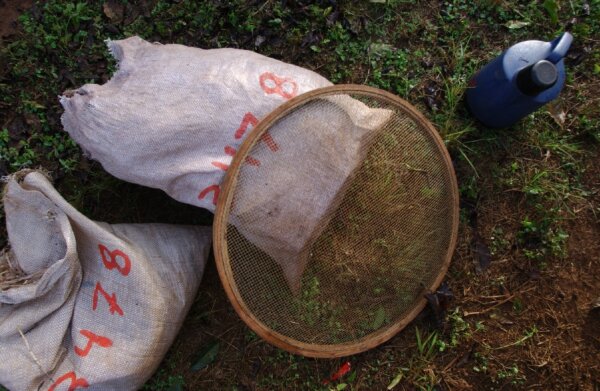
The Fazenda da Lagoa coffee plantation is situated in the northeastern part of the famous coffee growing region of Campo das Vertentes, in Minas Gerais, only a few hundred kilometers away from São Paulo and Rio de Janeiro, at an altitude of around 1,100 meters above sea level.
The farm is located about 90 km west of the Gulf of Mexico and 225 kms north east of Mexico City.



The origins of Fazenda da Lagoa date back to 1764, when the Portuguese crown donated the property to the so-called Jangada, the earliest ancestor of its agricultural director J. Paiva.
It is one of the oldest coffee farms in the region of the “Campo das Vertentes” and up to today has nearly maintained the same size. In fact, the first coffee tree of the municipal was planted here in the middle of the 19th century.
In February 2003, this medium-sized Brazilian coffee farm with its 3.720 hectares of land, which had been owned by the Aguiar Paiva family for many generations, became part of the farming activities of Neumann Kaffee Gruppe.

Sustainability
Environmental conditions at Fazenda da Lagoa are ideal for the sustainable production of premium coffees.
Small streams from at least 66 natural springs on the estate gradually converge into two small rivers. These are a distinctive feature of the plantation as well as a valuable source of life for innumerable plants and animals. Woodlands and swamp areas cover around 30% of the total farm area and represent important ecological zones on the plantation. They help maintain a healthy biodiversity with all its positive impacts for the biological control of plague and disease.
A sustainable approach to coffee farming also offers direct benefits for farm workers.
The farm supports housing for currently 23 families. Farm workers are provided with suitable clothing for their tasks on the farm and moreover receive a permanent employment status thus enabling them to join the Brazilian social welfare system which ensures a number of important social services like health care. In order to ensure an effective, sustainable coffee production, all permanent employees receive specific training to further develop their skills.